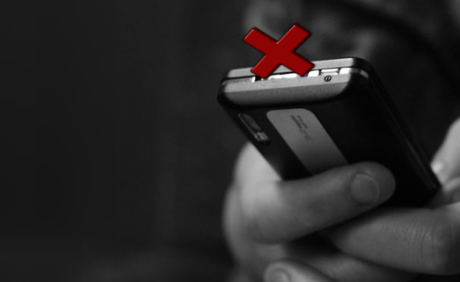Virginia to ban student-teacher texting? One simple rule of school communications

Virginia may ban student-teacher texting and Facebook communications in a bid to reduce sexual misconduct by staff. Not only does this have an effect on the disparity in primary sources of communication by students, but could also hamper wider educational benefits of Web 2.0 tools.
The policy set out by the Virginia Board of Education states that students and staff should not interact via text messaging, instant messaging, online gaming and social networking.
There should be one rule, and one rule only. Keep communications to school-provided email. Do you not agree?

It is very common for the Generation Y and Z to communicate through seemingly innate channels like social networking and text messaging. But when dealing with an older generation the lines can become blurred and unclear. Common sense often prevails, but merging personal and work communications is dangerous: not only for students, but equally for staff.
Yet higher education institutions are different than schools, where a level of authority needs to be maintained. In universities and colleges the boundaries are more fluid. But students are over the age of majority where by the rules are relaxed, whilst still maintaining a professional student-teacher relationship.
In my experience, while many members of academic staff have Facebook and mobile phones, it would be awkward and professionally unethical to communicate with students via these methods. It works both ways, however, with students often not resorting to Facebook to communicate with their lecturers.
Though strangely, it is not uncommon to buy a member of academic staff a pint when you see them out in the same pub as you on a night out.
But for the benefit of maintaining an air of professionalism, either as staff or students, stick to school-provided email as the safest bet. Not only is it a one-stop shop for the student or the academic staff member to keep record of their communications, it also protects the younger kids and staff alike from unmonitored communications.
Do you think student-teacher online relationships should be school-provided email only? Or can Facebook and text messaging help bridge the generational barrier?